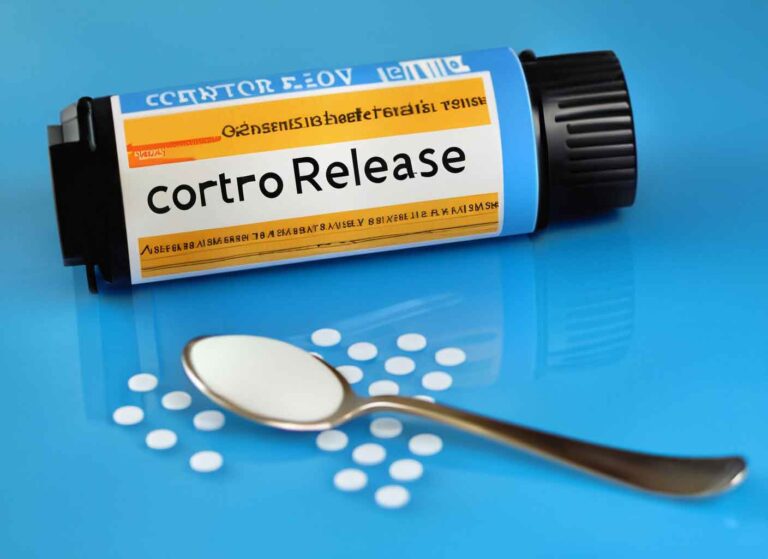
DRUG DEVELOPMENT AND FORMULATION IS SCIENCE. DOSE DESIGN TO CREATE SUCCESSFUL TREATMENTS IS ART.
Developing successful treatments that meet the needs of patients, doctors, and innovators requires drug development science, advanced formulation technologies, and the art of dose form design.
Hycon’s new FormaDose ® Design Solution helps deliver a comprehensive assessment of your Molecule, Patient, and Market. Our scientific advisors will combine expertise across dose forms, thousands of molecules and advanced delivery technologies to deliver optimal dose form, scale-up and manufacturing solutions. We aim to help differentiate your product, improve patient acceptance, and turn your science into commercially successful medicine.
Hycon offers a thorough evaluation of your molecule, target patient population, and market dynamics. Leveraging our vast expertise in various dose forms, extensive knowledge of diverse molecules, and advanced delivery technologies, our team of experienced scientific advisors is dedicated to collaborating with you. Together, we will develop the most suitable dosage form, streamline scale-up processes, and provide efficient manufacturing solutions. Our primary objective is to enhance product differentiation, promote patient acceptance, and transform your scientific advancements into successful commercial pharmaceuticals.
Hycon’s expert strongly recommends the rigorous identification of potential molecule problems in the development of poorly soluble drugs as oral solid dosage forms. Each technology is specifically tailored to molecules with unique characteristics, and careful consideration must be given to the product’s properties, drug targets, dose, and pharmacokinetic features. Partnering with us can assist in the production of a pediatric oral solid dosage form with taste-masking properties and the ability to adjust dosage and administration across a range of pediatric age groups – a significant challenge in drug development.
To stay ahead of the competition, there is high demand for instrumented technologies that foster a deep understanding of the process and allow for continuous process validation. The pharmaceutical drug development community is also increasingly interested in integrating data analytics with machine learning or deep learning to achieve better results. By partnering with us, you can leverage these trends to gain a competitive advantage and revolutionize drug development.
According to an expert within our organization, deep learning methods have demonstrated promising outcomes in predicting the in vivo and in vitro characteristics of pharmaceutical formulations based on formulation and process data. As these methods continue to be explored within the pharmaceutical industry, they are expected to play a crucial role in driving experimental design, ultimately supporting and ensuring product quality throughout the entire product development cycle.
Deep learning methods offer significant advantages in pharmaceutical research and development. They enable accurate predictions of crucial drug properties such as solubility, bioavailability, and stability, which are essential for optimizing formulation design. Additionally, these techniques facilitate efficient screening of numerous formulation options, reducing the time and cost associated with experimental iterations. Moreover, deep learning models can identify critical process parameters and formulation attributes that influence product performance, allowing for robust process optimization.
Several studies have examined the potential and benefits of deep learning methods in the pharmaceutical field. For instance, research conducted by Chen et al. (2020) successfully demonstrated the application of deep learning algorithms in predicting drug release from solid oral dosage forms. Another study by Gupta et al. (2021) highlighted the potential of deep learning for optimizing formulation development and process optimization, particularly in the context of amorphous solid dispersions.
These findings underscore the transformative impact of deep learning methods on pharmaceutical experimental design and product quality control. Our organization takes pride in offering these advanced technologies, differentiating us from other contract development and manufacturing organizations (CDMOs) in the industry.
However, the development and manufacturing of oral solid dosage (OSD) drugs present various challenges for industry stakeholders. One significant obstacle is the high cost associated with small-batch production, which affects the overall cost of goods. According to a study conducted by the Association for Accessible Medicines in 2022, batch fixed costs account for more than 50% of the total drug product cost, rendering it prohibitively expensive for small batches. To overcome this challenge, manufacturers must reassess their established practices and explore alternative approaches to mitigate fixed costs.
Several potential solutions can be considered, including:
- Adoption of continuous manufacturing methods: Continuous manufacturing eliminates the need for batch-related equipment and reduces labor requirements. By implementing continuous processes, manufacturers can streamline production and reduce costs.
- Outsourcing production to contract manufacturing organizations (CMOs): CMOs specialize in small-batch production and often possess economies of scale that enable cost reductions. Collaborating with CMOs allows manufacturers to leverage their expertise and infrastructure, leading to improved cost efficiency.
- Utilizing new technologies like 3D printing: 3D printing offers the potential to optimize material usage and minimize labor requirements in drug product manufacturing. By employing this innovative technology, manufacturers can decrease production costs and enhance affordability.
Implementing these measures can significantly contribute to reducing the cost of small-batch production, making OSD drugs more accessible and affordable for patients.
Moreover, OSD manufacturers must be able to cost-effectively cater to the diverse expectations of sponsors and global markets. Any flawed formulation and process design can lead to downstream challenges such as the need to repeat clinical studies, stability failures, and manufacturing issues, which can impact drug product supply. Therefore, it is of utmost importance to establish a robust formulation upfront to minimize time loss and increased costs.
References
Chen, W., Alhawiti, N. M., Alrubeaan, K. A., & Velaga, S. P. (2020). Deep learning models for predicting drug release from solid oral dosage forms. European Journal of Pharmaceutics and Biopharmaceutics, 148, 49-59.
Gupta, M. K., Mishra, R., Meena, S., & Aggarwal, A. (2021). Deep learning approach for modeling amorphous solid dispersions of poorly water-soluble drugs. Molecular Pharmaceutics, 18(1), 252-263.)







